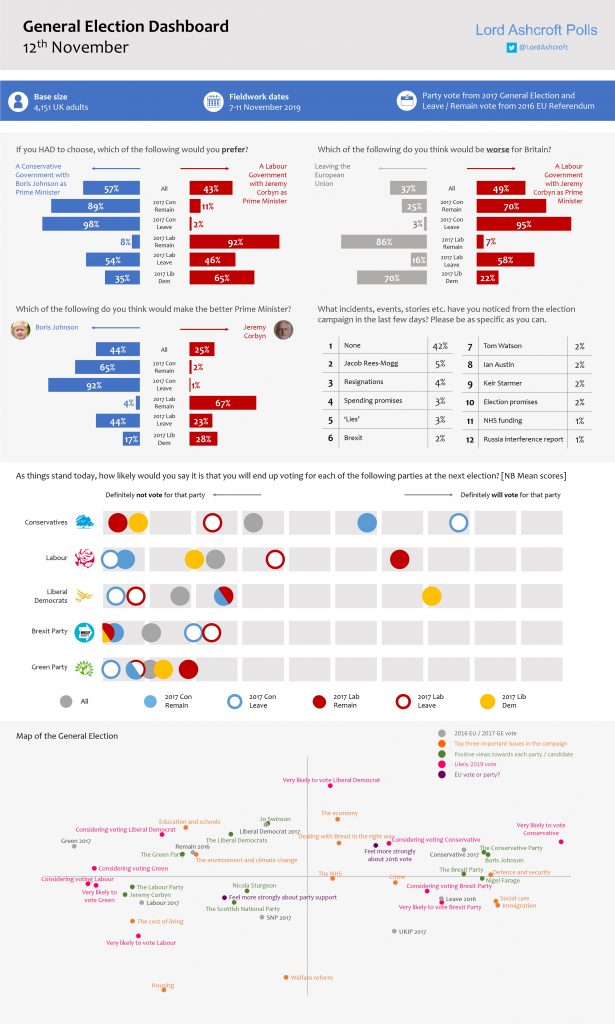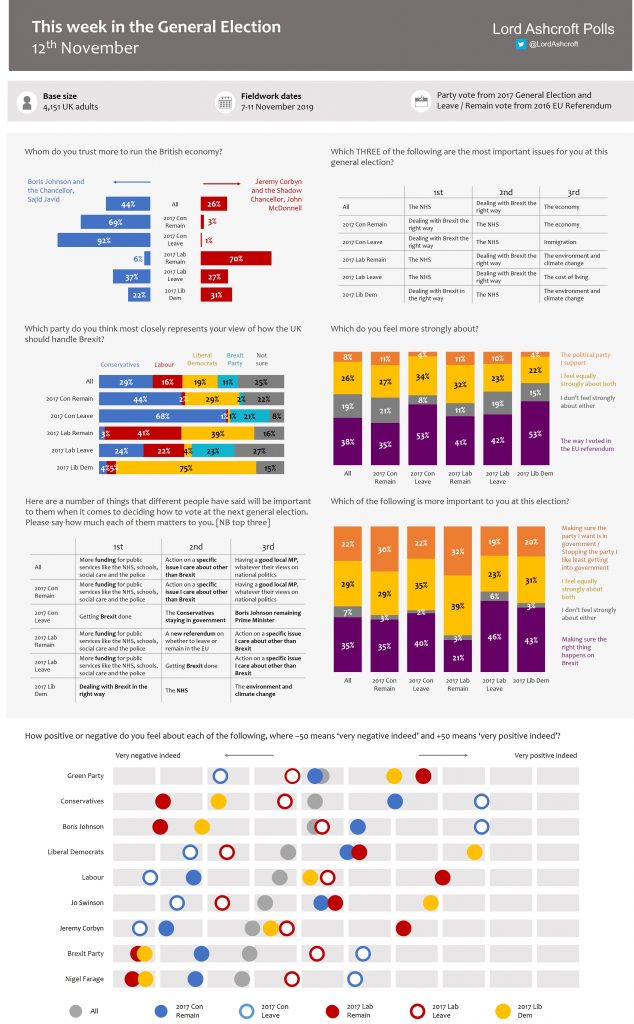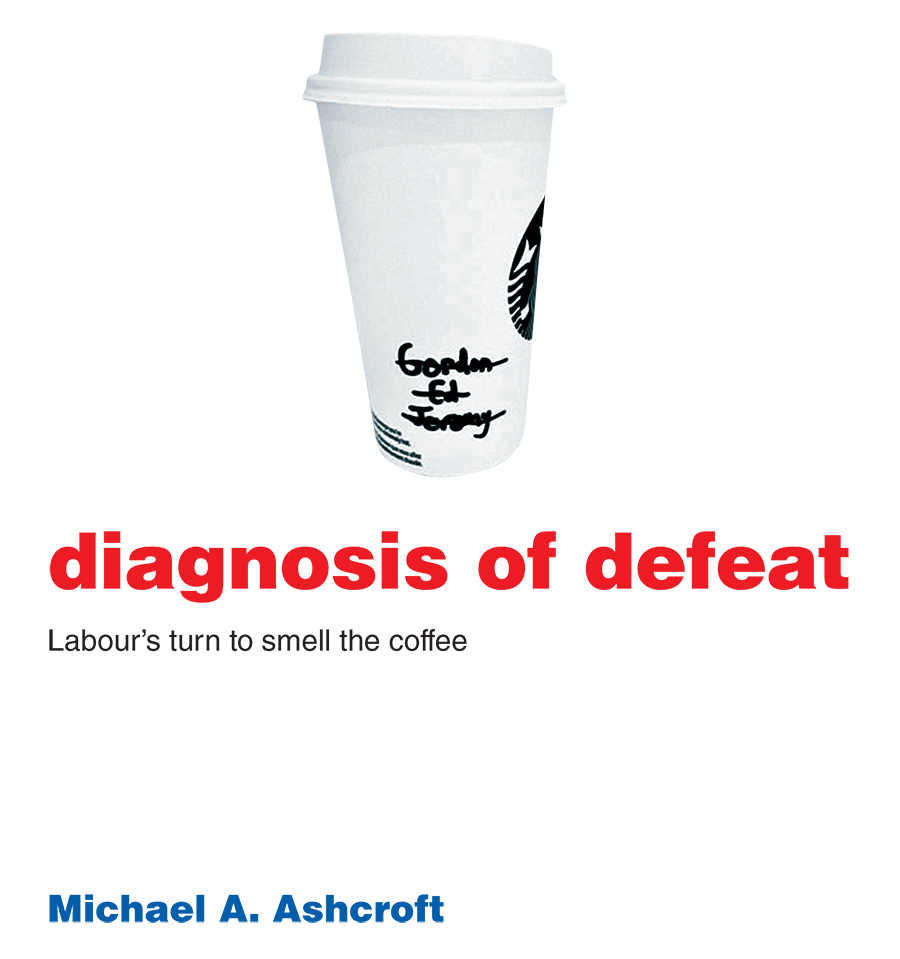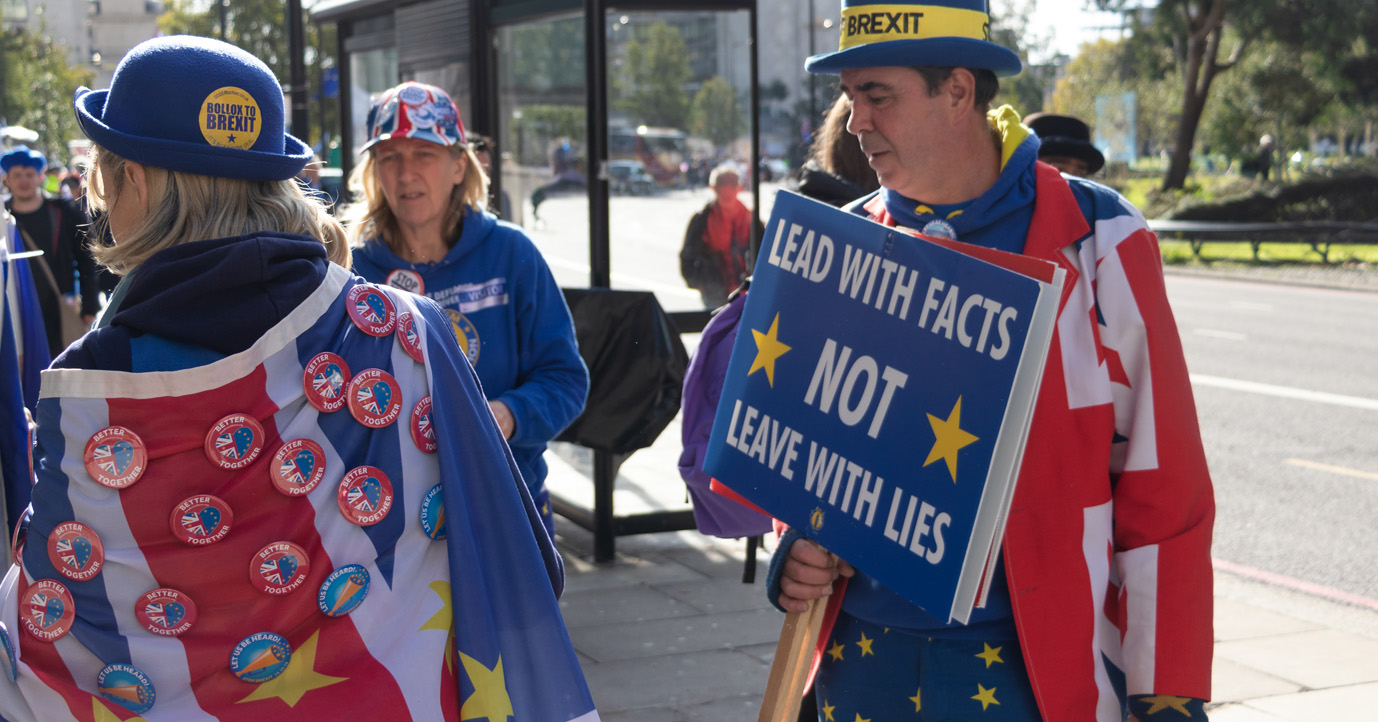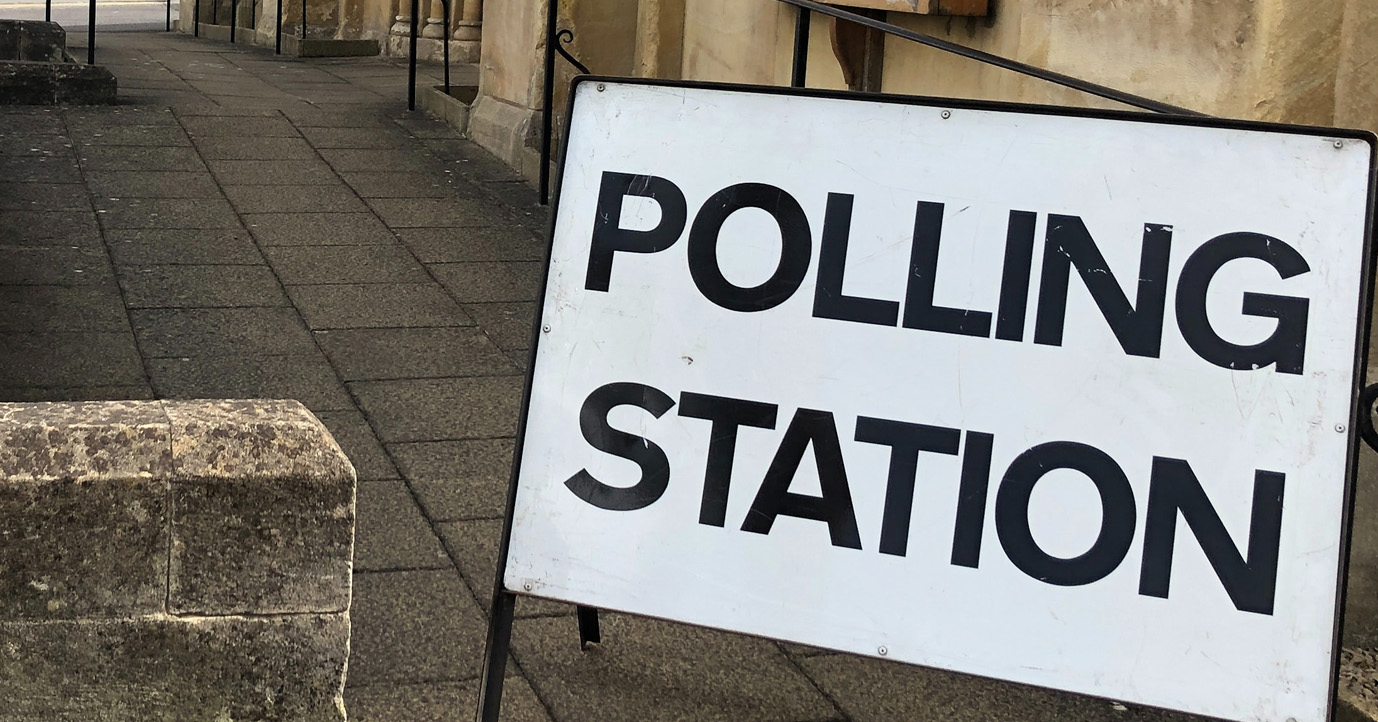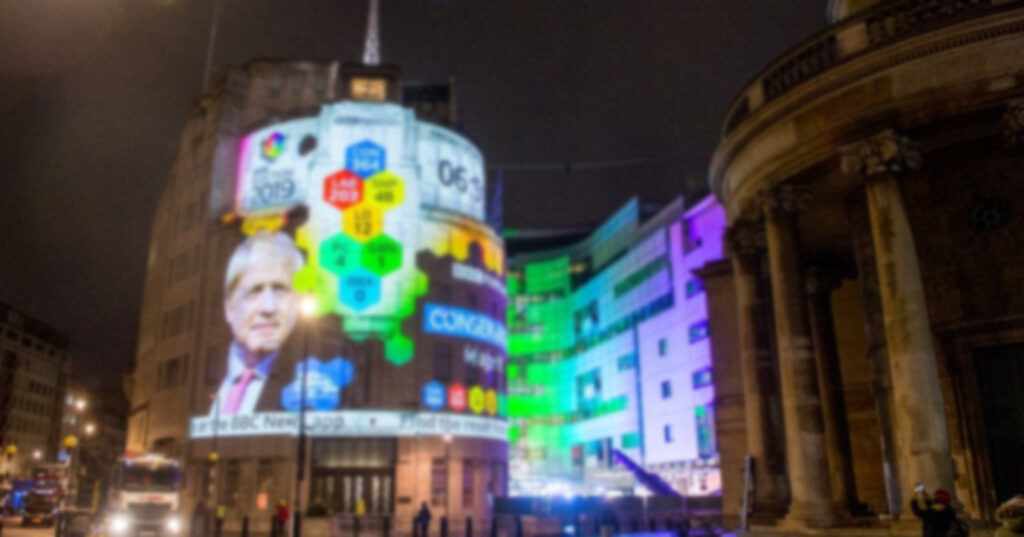
Each week until the election I will publish my General Election Dashboard, showing the results of my weekly 4,000-sample surveys tracking the intensity of each party’s support among different kinds of voters, crucial measures like best Prime Minister, preference of government, best party on Brexit and what people have noticed in the news, as well as the reaction to topical questions as they arise. Together with my weekly focus groups of different kinds of seats throughout the country, this will help explain the dynamics of the campaign and the factors that will determine the outcome on 12 December.
Asked how likely they are to vote for each party on a 100-point scale, 2017 Tories put the Conservatives on an average of 72, 2017 Labour voters put Labour on 57, and 2017 Lib Dems put their chances of voting for the party again at 61. Conservative remainers put their likelihood of voting for the Tories again at just 57/100, but ahead of the Lib Dems (27) and well ahead of Labour (5). Conservative Leavers put their chances of voting Tory at 77/100, well ahead of their likelihood of voting for the Brexit Party (20). Labour Leavers put their chances of voting Labour again at 38/100, with the Conservatives and Brexit Party joint second on 24. Labour Remainers put their chances of switching to the Lib Dems at an average of 27/100, compared to 64 for staying with Labour.
Among voters as a whole, 44% name Boris Johnson as the best PM, with 25% naming Jeremy Corbyn; 31% say they don’t know. 2017 Labour Leave voters prefer Johnson to Corbyn by 44% to 23%, as do 2017 Conservative Remainers by 65% to 2%. Those saying they are most likely to vote for the Brexit Party prefer Johnson to Corbyn by 80% to 2%. Remain voters prefer Corbyn by 44% to 20%, with 36% saying they don’t know.
Forced to choose between a Conservative government under Johnson and a Labour government with Corbyn as PM, voters as a whole divide for Johnson and the Tories by 57% to 43%. Brexit Part-leaning voters do so by 91% to 9%, 2017 Conservative Remainers by 89% to 11%, and 2017 Labour Leavers by 54% to 46%. Those currently leaning towards the Lib Dems prefer a Corbyn-led Labour government by 65% to 35%.
Nearly half (49%) of all voters say Jeremy Corbyn becoming PM would be worse for Britain than leaving the EU (37%). 2017 Conservative Remainers say Corbyn would be worse than Brexit by 70% to 25%, as do Labour Leavers by 58% to 16%. Those saying they are most likely to vote Lib Dem say Brexit would be worse than Corbyn, by 70% to 22%.
Our map of the campaign shows how different issues, attributes, personalities and opinions interact with one another. The closer the plot points are to each other the more closely related they are. For example, we see that those who feel more strongly about their 2016 EU referendum vote than the party they support are closer to Conservative or Brexit Party voting territory, while those who feel more strongly about their party allegiance are closer to Labour.
Johnson and Sajid Javid are more trusted to run the economy than Corbyn and John McDonnell by 44% to 26%. Seven in ten 2017 Conservative Remainers trust the Tory team more, and Labour Leavers prefer Johnson and Javid by 37% to 27%. Those leaning towards the Brexit Party trust the Conservative pair over Corbyn and McDonnell by 78% to 3%.
Asked whether they feel more strongly about the way they voted in the EU referendum or the political party they support, voters are most likely to name their referendum vote (38%). A quarter feel equally strongly about both, one in five say they don’t feel strongly about either, and only 8% say they feel more strongly about the party they support. Conservative Remainers are among the least likely to say they feel more strongly about their referendum vote (35%), while Conservative Leavers and Lib Dem-leaning voters are among the most likely (both 53%).
Just over one third (35%) of all voters say that making sure the right thing happens on Brexit is more important to them than getting the party they want into government or stopping the party they like least (22%). Just under three in ten say they are equally important. Leave voters are more likely to say that getting the right Brexit outcome is more important (42%) than Remain voters (29%). Those who prioritise boosting or stopping a party are equally divided in their likelihood of backing Labour and the Conservatives (both average 36/100); those who prioritise getting the right outcome on Brexit say they are most likely to vote Tory (37/100), with the Brexit Party on 19, the Lib Dems on 18 and Labour on 17. They prefer Johnson to Corbyn as PM by 54% to 16% and, in a forced choice, two thirds of them would rather have a Johnson-led Conservative government than a Corbyn-led Labour one.
Just under three in ten of the population as whole (29%) say the Conservatives most closely represent their view of how the UK should handle Brexit, followed by the Lib Dems (19%) and Labour (16%), with 11% naming the Brexit Party. More than two thirds (68%) of 2017 Conservative Leavers name the Tories, with 21% naming the Brexit Party; Labour Leavers are divided on the question between the Conservatives (24%), the Brexit Party (23%) and Labour (22%) – with more than a quarter (27%) saying they are not sure which party best represents them on Brexit. Just under half (44%) of Conservative Remainers name the Tories, with 29% saying the Lib Dems most closely represent their view of Brexit; Labour Remainers are divided between naming Labour (41%) and the Lib Dems (39%).
While more than half (59%) of voters name “dealing with Brexit in the right way” among the three most important issues for them at the election, this is topped by the NHS, named by 61%. Labour-leaning voters, and 2017 Labour Remainers and Labour Leavers, put the NHS top by a bigger margin than most, with more than seven in ten in each group naming the issue among their top three. Conservative Remainers and (especially) leavers put Brexit at the top of their lists by a clear margin. Two thirds of 2016 Leave voters as whole name Brexit, making it their top priority, while Remain voters as a whole are more likely to name the NHS.
We asked voters how important they thought it was for various things to happen – or not to happen – as a result of the election. For voters as a whole, the most popular answer is “more funding for public services like the NHS, schools, social care and the police,” followed by “action on a specific issue I care about other than Brexit,” and “having a good local MP, whatever their views on national politics.” “Getting Brexit done” was fourth overall, but topped the list for Conservative Leave voters. For Labour Leave voters, “getting Brexit done” came very slightly behind “more funding for public services.”
